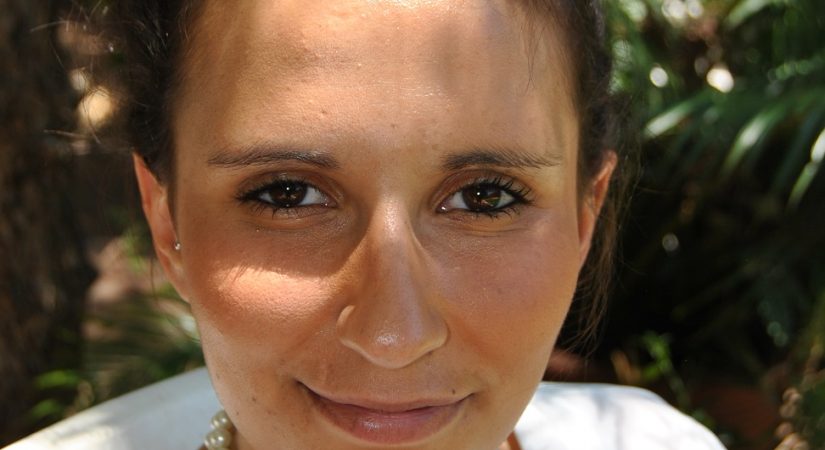Introduction
Many of us dream to be homeowners one day but it is known that purchasing fixed property is not an easy endeavor, it can be rather cumbersome. The process its self takes at least 3 months, if there are no complications and all the suspensive conditions are met.
Many people work for years to accumulate a sizable sum of money to be used as a deposit for their dream home, they consult with attorneys, make payments, inspect the premises, plan the nursery and sign documents, only to discover that the home that they invested their life savings in, has in fact already been purchased by another party but not yet registered at the Deeds Office. This is referred to as the problem of a double sale.
To start we consider, when and where the passing of ownership occurs. If we regard movable property, common law dictates that, to put it simply, where there is a valid contract in terms of which a purchase price is paid and the goods are delivered then ownership has passed irrespective of the registration of those goods. Passing of ownership in this manner is known as the causal theory. For example, if a car is registered in your name it does not follow that you are the owner of the car.
However, South African law considers ownership of fixed (also known as immovable) property in a different light, namely; the abstract system of ownership as opposed to the causal theory. The difference between these theories are discussed at length in the case between Kriel v Terblanche.[1] In terms of the abstract theory, passing of ownership occurs upon registration in the Deeds Office.
If we apply the causal theory to the double sale of fixed property, for argument’s sake, the first purchaser would be entitled to the property. If the abstract theory is applied as in South African law, disputes regarding ownership of fixed property begin and end with the registration.
The supporting legislation here is Section 16 of the Deeds Registry Act,[2] where in it is stated;
“The ownership of land may be conveyed from one person to another only by means of a deed of transfer executed.”
One would think that this solves the problem of the double sale. The person who is the registered owner holds the rights to the property. This is true in the case where the purchaser had no knowledge of the double sale or the fraudulent dealings of the seller. The problem arises where the second purchaser of the home had knowledge of the first sale but proceeded with the transaction in any event. The contract of sale creates a personal right and only once ownership has passed, does the new homeowner have a real right against the property. In the case of a double sale, as described above, the personal right created by the contract would then be inferior in comparison to the real right of ownership.
The fraudulent nature of a double sale is discussed in Reynders v Rand Bank Bpk,[3] more specifically the part that the second purchaser may have had in the fraud.
The Doctrine of Notice[4] is applied in such a matter wherein; “nobody will be allowed to derive a benefit or advantage from his own bad faith.” Thus, if the second purchaser of the property knew that there was already a previous sale then the second purchaser would be held liable as “it would be a species of fraud on his part if he attempted to defeat such third party’s rights.”[5]
Conclusion
The causal theory of passing ownership seems more familiar as most people encounter it on a day-today basis, buying groceries or putting petrol in your car. Whereas the abstract system of passing ownership has a sense of structure, there is a list and we can all see who the owner of a property is. Unfortunately the delay experienced in registration of fixed property creates a risk of double sale. In theory the abstract principal is structured and precise but in practice one must always be aware of the risks involved.
 Mienke Richter
Mienke Richter
Candidate Attorney
13.09.2018
[1] 2002 (6) SA 132 (NCD) (15)
[2] 47 of 1937
[3] 1978(2) 630 (T)
[4] Badenhorst, Pienaar, Mostert: Silberberg and Schoeman’s THE LAW OF PROPERTY 5th ed op cit 83 footnote 100
[5] De Jager v Sisana 1930 AD 71 at 74 Curlewis JA

